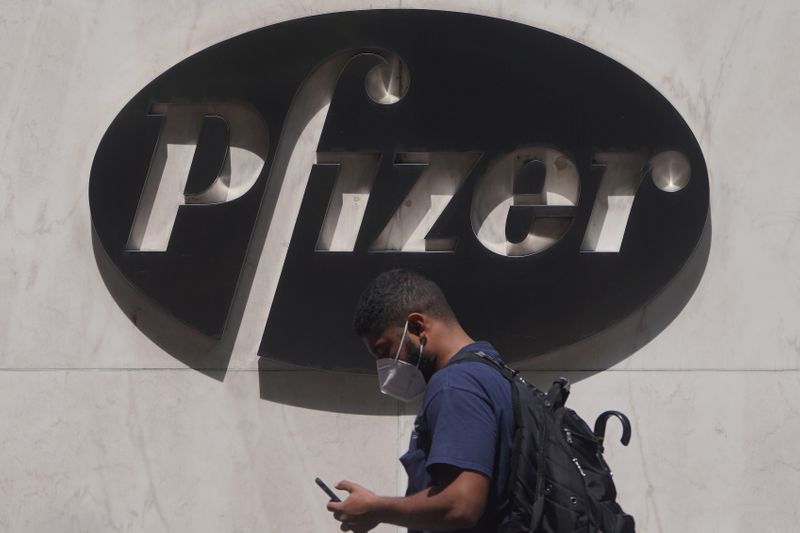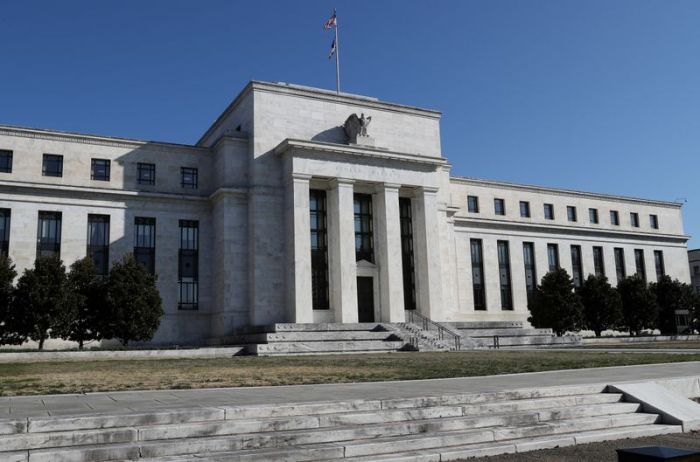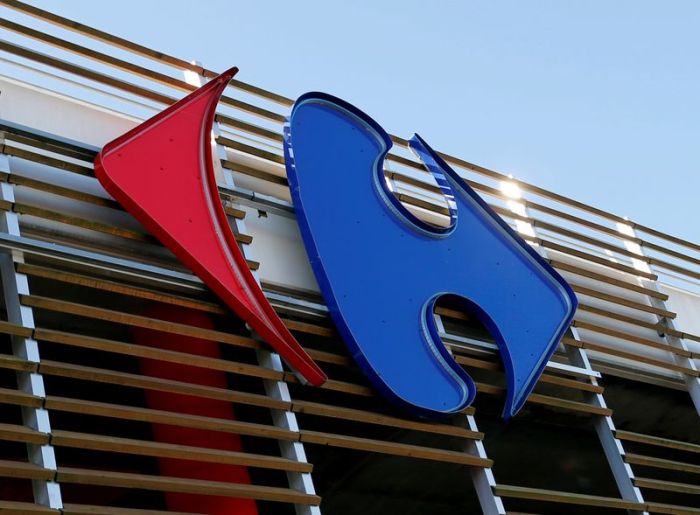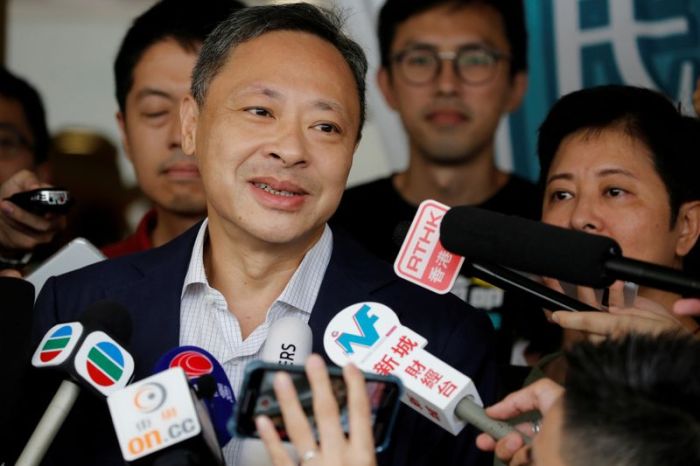(Reuters) – Pfizer Inc <PFE.N> on Tuesday said other developed countries would not get a lower price for its coronavirus vaccine than what it will charge the United States under a contract announced last week, and suggested that people may need multiple vaccinations in order to remain protected.
The U.S. government agreed to pay nearly $2 billion to buy enough of a COVID-19 vaccine being developed by Pfizer and German biotech BioNTech SE <22UAy.F> to inoculate 50 million people at a price of $39 for a two-dose treatment course.
“All the countries that are developed right now will not receive a lower price for the same volume commitment than the U.S.,” Pfizer Chief Executive Albert Bourla said on a conference call.
Pfizer executives said they expect people will need to receive continued vaccinations for a number of years to maintain herd immunity globally, either because immunity may diminish over time or the virus will mutate.
The mRNA technology employed in the BioNTech/Pfizer vaccine “is ideal for both: you can boost and boost and boost without losing efficacy,” Bourla told Reuters. “And also, you can move very fast from one type of vaccine to another by simply modifying the (genetic) code.”
The vaccine’s price could change once the pandemic period ends, compared with its initial decision aimed at ensuring broadest access.
Pfizer is one of many companies racing to bring COVID-19 vaccines to market, seen as essential to ending a pandemic that has claimed more than 655,000 lives globally.
BioNTech and Pfizer on Monday began a large, late-stage trial of their vaccine candidate to demonstrate its efficacy.
Bourla said Pfizer was in concurrent talks with the European Union and several of its member states on supplying them with the vaccine.
A deal with the EU “would be much easier,” he said. “But also we are having extensive discussions with several member states, just in case we can’t find agreement with the EU.”
European efforts to secure potential COVID-19 vaccines are mired in wrangles over price, payment method and potential liability costs, three EU officials told Reuters over the weekend.
Bourla called an executive order signed by U.S. President Donald Trump last week that would tie what Medicare pays for drugs to lower prices in other countries “an enormous distraction at a time where the industry needs to be completely focused on developing a potential COVID-19 vaccine or treatment.”
The CEO said Pfizer could rethink U.S. expansion plans if the Trump order were to be implemented.
On Tuesday, Pfizer beat Wall Street estimates for second-quarter profit and raised its full-year earnings forecast, as the U.S. drugmaker predicted a recovery in vaccination rates and doctor visits.
The company took a roughly $500 million hit to total sales in the second quarter as the drop in visits to hospitals and doctors’ offices curtailed demand for several products.
The impact was offset somewhat by demand for blood thinner Eliquis, which has been used to help treat COVID-19 patients.
Pfizer now expects 2020 adjusted profit of $2.28 to $2.38 per share, raising both ends of the range by 3 cents. Pfizer shares rose 4% to $39.07.
(Reporting by Manas Mishra in Bengaluru and Michael Erman in Maplewood N.J., Additional reporting by Carl O’Donnell; Editing by Sriraj Kalluvila and Bill Berkrot)

























